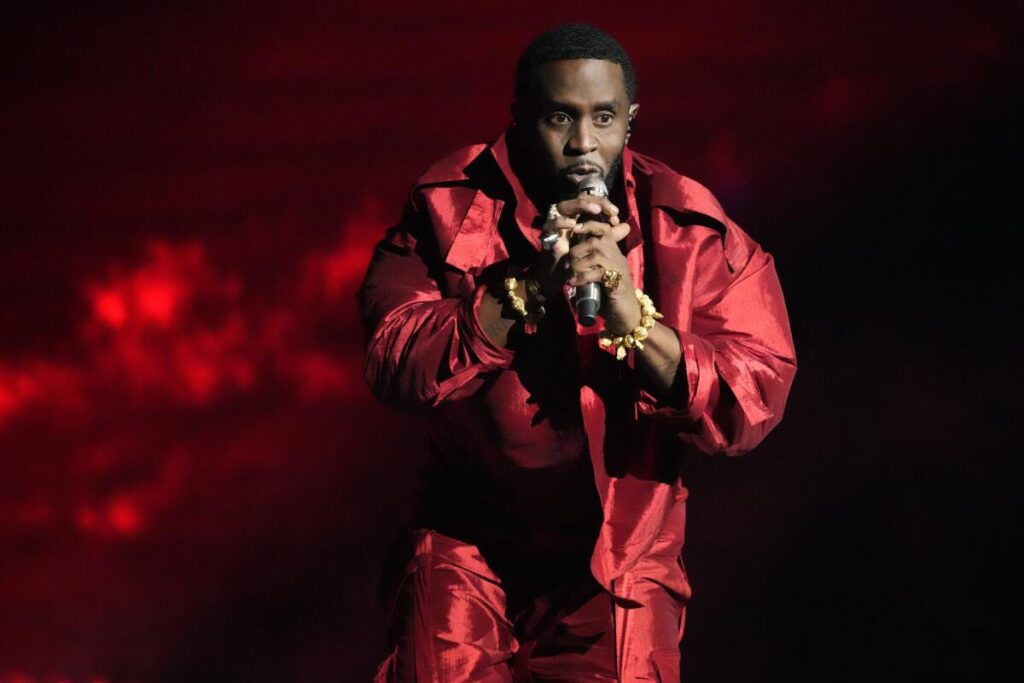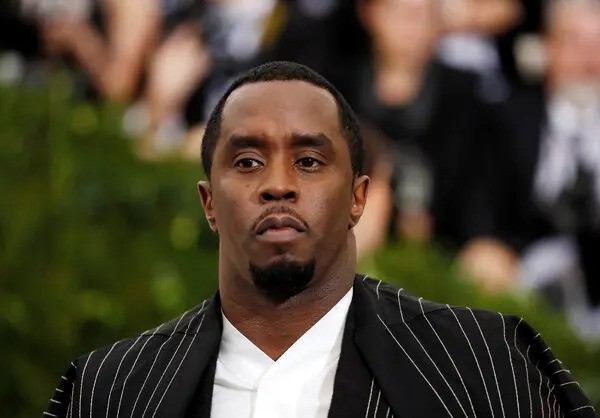For decades, Sean “Diddy” Combs has been a towering figure in American music and pop culture. From his early days shaping the sound of 1990s hip-hop to his ventures into fashion, television, and business, he has always cultivated an image of ambition, glamour, and dominance. But in the fall of 2025, Combs is facing the darkest chapter of his career — one that could see the 55-year-old music mogul behind bars for years to come.
On Friday, October 3, a federal judge in Manhattan will hand down Combs’ prison sentence after a jury convicted him in July on two counts of transportation to engage in prostitution. The conviction marked a dramatic fall from grace for one of hip-hop’s most influential figures and positioned Combs as the latest high-profile man to face legal consequences in the post-#MeToo era.
The case against Combs drew immense public attention, not only because of his celebrity status but also because of the weight of the allegations. Federal prosecutors accused him of engaging in a long-running pattern of abuse, coercion, and exploitation that blurred the lines between personal relationships, business dealings, and criminal conduct.
During the two-month trial in Manhattan, prosecutors painted a portrait of a man who used his wealth and influence to control women, manipulate situations, and hide abusive behavior behind the walls of luxury mansions, private jets, and high-profile parties.
The charges initially brought against Combs included racketeering and sex trafficking — allegations that, if proven, could have put him in prison for life. Ultimately, the jury acquitted him of those more serious counts. Still, the panel of 12 found him guilty on the two prostitution-related charges, determining that the evidence clearly showed Combs had transported individuals across state lines for the purpose of engaging in paid sex.
The trial unearthed uncomfortable questions that often surface in cases involving celebrity power dynamics: Where is the line between consent and coercion? How does fame affect accountability? And how do trauma and survival intersect with stories of abuse?
The jury’s verdict left Combs exposed to a maximum of 20 years in federal prison — 10 years for each count.
With the conviction secured, the focus shifted toward sentencing. Federal guidelines offer judges discretion, but prosecutors and defense attorneys clashed sharply over how much time Combs should serve.
Prosecutors argued that Combs’ crimes were not isolated incidents but part of a broader pattern that deserved a substantial penalty. They recommended at least 11 years behind bars, citing the gravity of the misconduct and the need for accountability. In their filings, they stressed that escorts were “paid thousands of dollars … to have sex” with women connected to Combs, and that such exploitation should not be treated lightly just because of his fame.
The defense countered by urging leniency. Combs’ attorneys highlighted his age, his lack of prior criminal convictions, and his decades of contributions to music and business. They argued that under a fair reading of federal guidelines, Combs should receive no more than two years in prison, and they recommended a sentence of 14 months.
They described the case as one where the legal definition of “prostitution” was stretched unfairly and insisted that Combs had been wrongfully convicted on charges that were minor compared to the sweeping accusations prosecutors had initially brought.
But Judge Arun Subramanian rejected the defense’s arguments to overturn the conviction or grant a new trial. He said the evidence against Combs on the prostitution charges was “overwhelming” and could not be undone by the defense’s interpretation of the law.
In the days leading up to sentencing, Combs’ legal team made a final attempt to overturn the conviction or, at minimum, secure a new trial. They argued that the jury had been improperly swayed by testimony connected to charges Combs was ultimately acquitted of, such as racketeering and sex trafficking. They said this “spillover prejudice” tainted the verdict.
Judge Subramanian dismissed those claims, ruling that Combs failed to meet the “heavy burden” of proving prejudice. He underscored that the prosecution’s evidence, including direct testimony about payments made for sex acts, was clear and compelling.
This ruling was a devastating blow for Combs, who had hoped that he might still walk away without serving a lengthy prison sentence. Instead, it cemented the reality that when he walks into court on October 3, he will be facing prison time, the only question being how much.
The Combs trial carries echoes of other high-profile cases that have defined the #MeToo era. The names Harvey Weinstein, R. Kelly, and Kevin Spacey loom large in public memory, each case marked by debates over power, accountability, and whether celebrity figures can truly be held to the same standards as ordinary citizens.

For years, whispers and rumors swirled around Combs, with accusations of abusive behavior surfacing in both the music industry and tabloids. But it was only in recent years, as social movements empowered more survivors to come forward, that these allegations coalesced into a federal case.
The outcome has been seen by many as symbolic — a sign that no matter how powerful or untouchable someone might appear, accountability is possible.
Before his legal troubles, Sean Combs was celebrated not only as a music mogul but also as a cultural icon. He discovered and mentored artists like The Notorious B.I.G., helped shape the sound of hip-hop and R&B, and built an empire that included clothing lines, liquor brands, television networks, and more.
His persona as “Puff Daddy,” then “P. Diddy,” and finally “Diddy” was larger than life. He was often described as the embodiment of the American dream — a man who rose from modest beginnings in Harlem to become one of the richest figures in music.
But now, his legacy is being rewritten in the shadow of scandal. What was once a story of innovation and hustle is increasingly remembered as a tale of exploitation and downfall.
When Judge Subramanian delivers his sentence, the ruling will not just determine the immediate fate of Sean Combs but also set a tone for how similar cases may be handled in the future.
If prosecutors succeed in securing more than a decade-long sentence, it will signal a stern warning to other celebrities who may believe their fame and resources can shield them from accountability. If the judge opts for a lighter punishment, critics may argue that the justice system continues to protect the powerful at the expense of victims.
Meanwhile, Combs’ defense team has already signaled plans to appeal, suggesting that the legal battle is far from over. Even if sentenced to prison, Combs could spend years fighting to overturn his conviction in higher courts.
Beyond the courtroom, the impact of Combs’ conviction ripples across his family and the music industry. He is a father, and his children have largely stayed out of the public eye during the trial, though the weight of their father’s legal troubles is undeniable.
In the music world, Combs’ downfall raises questions about his companies, his record label, and the artists and business partners still tied to his name. Some have distanced themselves, while others remain quiet, perhaps out of loyalty or fear.
As Sean “Diddy” Combs awaits sentencing, the arc of his life feels almost Shakespearean — a story of meteoric rise, extraordinary influence, and now, a dramatic collapse.
Whether he serves 14 months, five years, or more than a decade, the stain of this conviction will never leave him. The trial has reshaped his public image forever, moving him from the ranks of admired cultural architect to a cautionary figure of abuse, excess, and downfall.

On October 3, when the judge delivers his sentence, the world will be watching. For some, it will mark justice finally served. For others, it will be a tragic epilogue to one of hip-hop’s most storied careers. But for Sean Combs himself, it will mark the moment he is forced to face the music in the most literal way possible.



